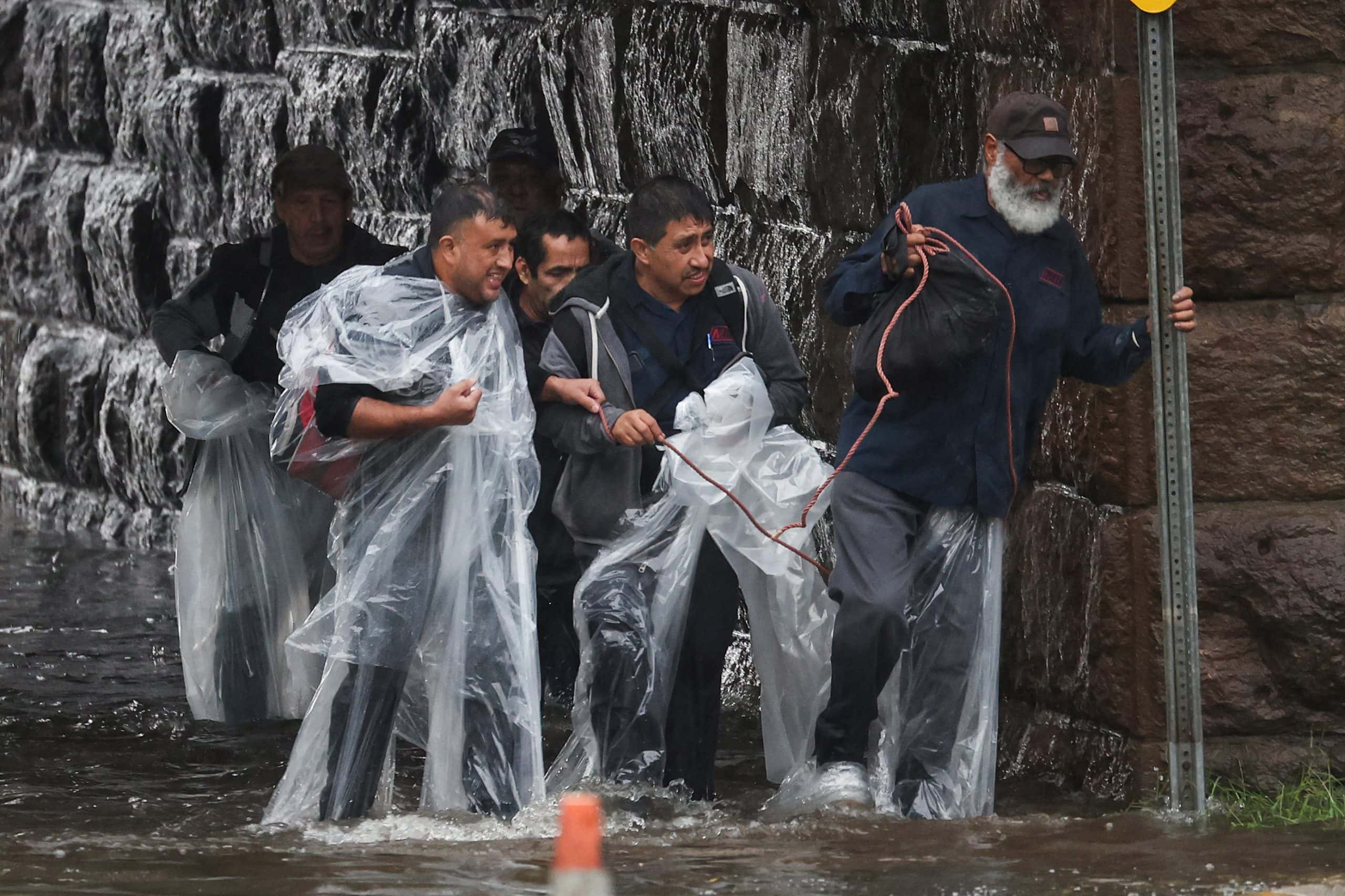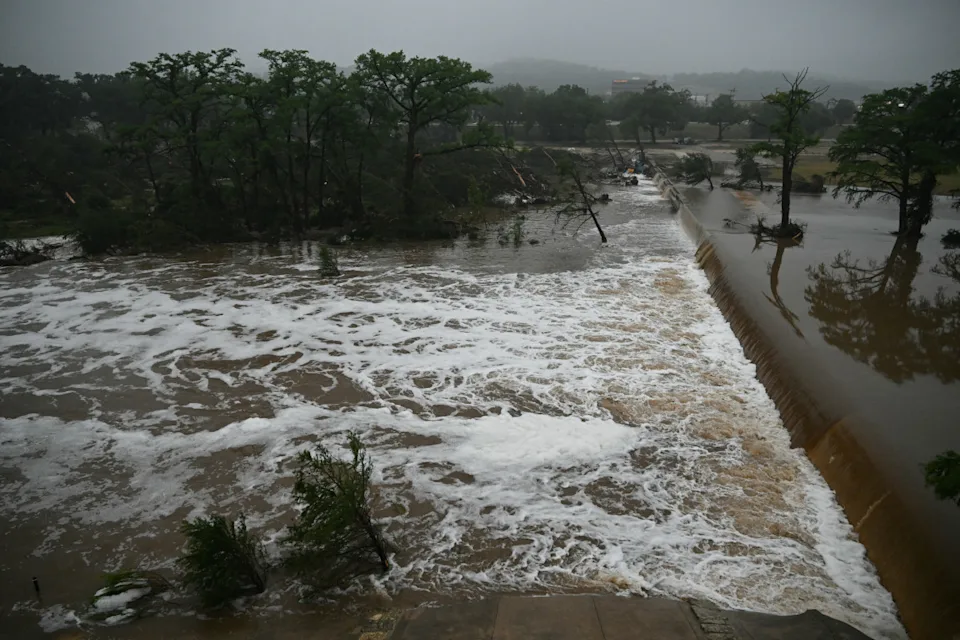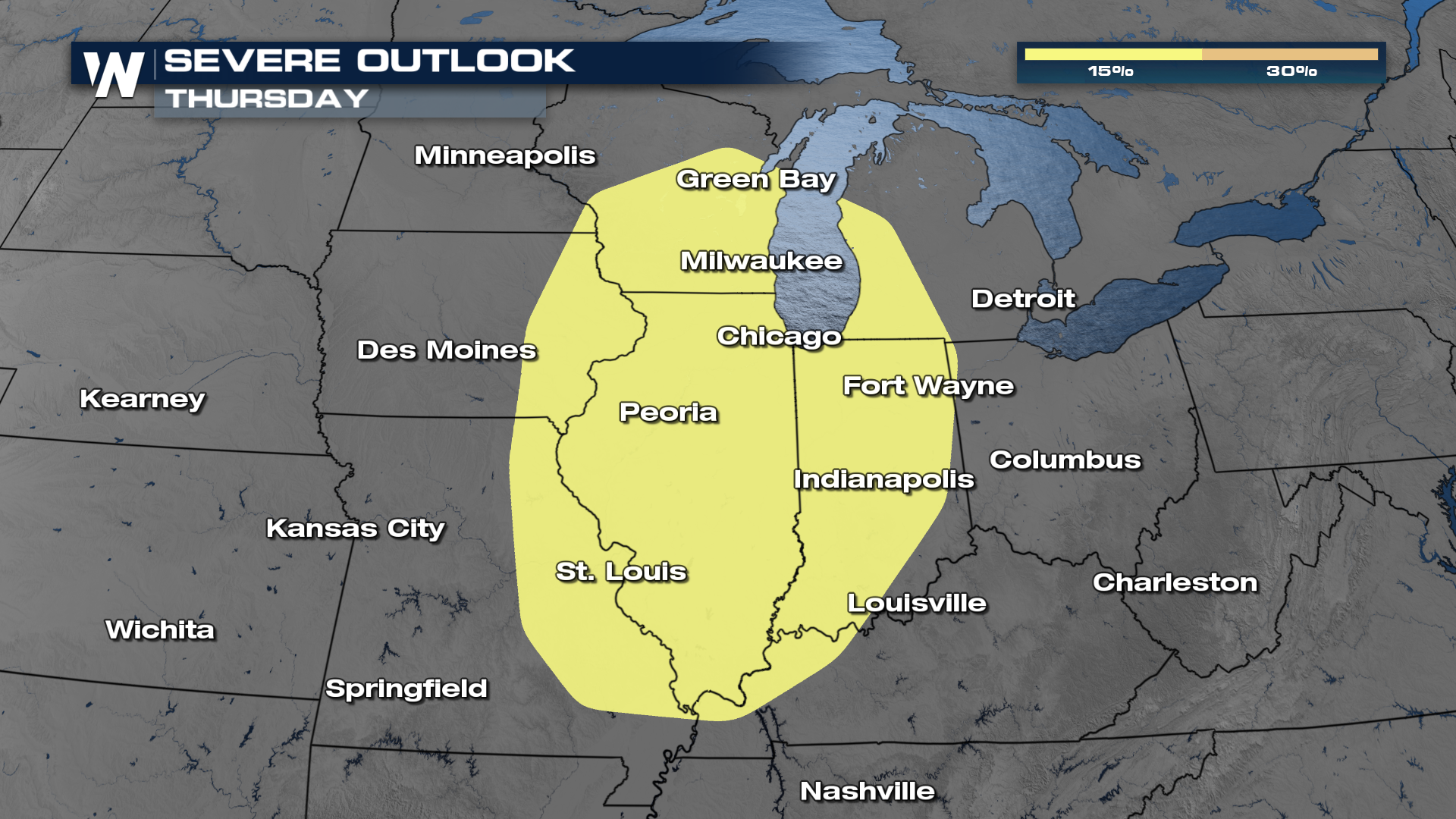Subway stations were submerged, numerous buses were stranded, and transportation came to a grinding halt.

New York City was brought to a standstill on Saturday as the metropolis grappled with one of the most substantial deluges in decades, causing widespread New York City flooding across the city
By Saturday afternoon, the worst of the rainfall had subsided, with meteorologist Dan Pydynowski of AccuWeather predicting drier, sunnier days ahead. Some parts of the city experienced record-breaking rain, with John F. Kennedy Airport receiving an astonishing 8.65 inches by nightfall, shattering September’s historical records. In Brooklyn, more than 7 inches of rain drenched the area.
Social media was flooded with images and videos depicting cars navigating submerged streets, water inundating subway stations, and LaGuardia Airport’s terminal transformed into a waterlogged zone. Thankfully, no lives were lost, thanks to New Yorkers heeding the warning of New York City flooding.
Although additional rainfall was forecasted earlier in the day on Saturday, it was anticipated to clear up by nightfall, with Sunday promising sunny skies, according to the National Weather Service. Pydynowski reassured that no more rain was expected until at least Friday.
The National Weather Service issued a coastal flood statement for Manhattan, warning of up to 1 foot of water above ground level in vulnerable areas along the waterfront, potentially causing minor New York City flooding
Coastal flood advisories extended into Sunday for several New York and New Jersey counties. The inundation exposed the city’s vulnerability to extreme weather events, prompting discussions about the impact of climate change on such incidents. University of Pennsylvania meteorologist Michael Mann explained that warmer air retains more moisture, contributing to the increase in intense rainfall events in cities like New York.
As the city grappled with the aftermath of the New York City flooding, transit services were gradually returning to normalcy, and officials commended the efforts of transit workers who worked tirelessly to restore services. States of emergency were declared in the city, state, and neighboring New Jersey.




